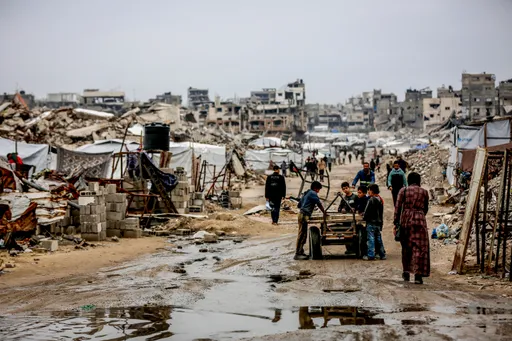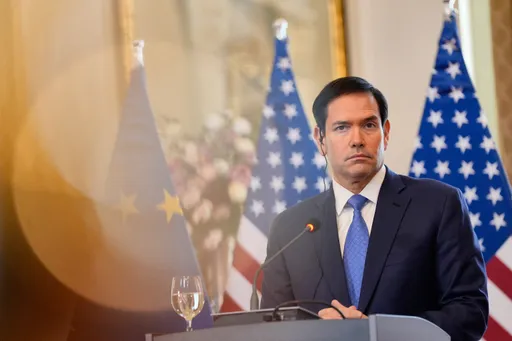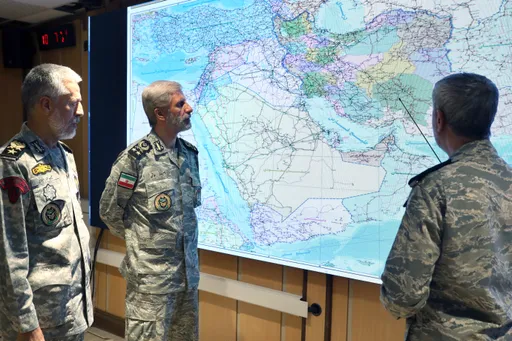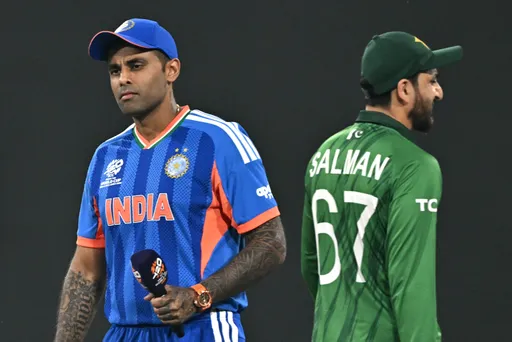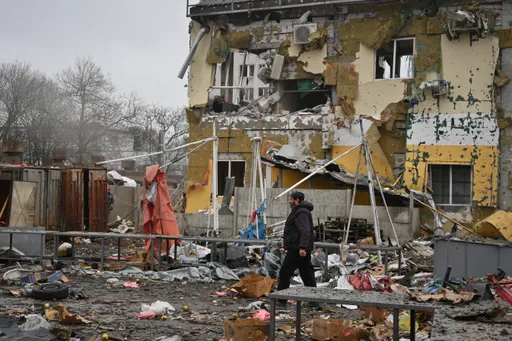A court in a small coastal town of Bangladesh on Monday handed down death penalties to two police officers for their involvement in the extra-judicial killing of a retired army officer in a case that has riveted the southeast Asian nation. This is for the first time that law enforcers have been brought to book in the country for staging what they often term as “crossfire”.
Law enforcers usually justify “crossfire” or “shootouts” by saying that their use of firearms was retaliatory in nature and that a “gunfight” was initiated by the one killed or one of his/her accomplices. The cops, according to official versions, always fought in self-defence. Human rights activists, however, term most of the “shootouts” as “extra-judicial killings” and say these are blatant violations of all human rights laws.
Experts termed the verdict a “very significant one” as Bangladesh was rife with extra-judicial killings for the past-one-and-half decades because of which the US imposed human rights-related sanctions on Bangladesh’s elite police force — the Rapid Action Battalion (RAB) — and seven of its current and former officials.
Since the US sanction on December 10 last year, no “gunfights” have taken place in the country between law enforcers and alleged criminals, The Daily Star — the highest circulated English daily of Bangladesh — reported.
The UK-based weekly magazine The Economist also said until the recent US sanction, any challenge to the current Awami League regime — which has been in power for the last fourteen years in Bangladesh — looked “nearly hopeless” but now the government is “rattled” by this sanction because of multifarious reasons.
Against the backdrop, such a verdict by the country’s judiciary whose independence is still a far cry is indeed a message from the executive branch that they are taking the US sanctions very seriously and are on a mission to clear their books, said experts.
Some analysts, however, are saying that the verdict, instead of representing a change of heart of the Prime Minister Sheikh Hasina-led government, is probably a one-off incident as the murder pitted the country’s powerful armed forces against the police.
The murder and the verdict
The ex-major — Sinha Md Rashed Khan — was on the Prime Minister’s security detail. In 2018, he retired from the armed forces voluntarily to pursue his passion for travelling and filming documentaries.
On July 31 2020, at a checkpoint in Teknaf, near the border with Myanmar, which is notorious for cross-border drug smuggling, 36-year-old Sinha was killed by police inspector Liaqat Ali after being instigated and instructed by his superior Pradeep Kumar Das over the phone.
Both Ali and Das were given capital punishment on Monday.
The charge sheet in the case said Sinha had learned about Das’s role in the alleged smuggling of Yaba pills, an illegal narcotic that is a combination of methamphetamine and caffeine, and he was trying to investigate it for his documentary film. The snooping by the ex-army officer angered Das who then instructed his subordinate Ali to keep an eye on Sinha.
At around 9 p.m. on July 31, Sinha was stopped at one of the several checkpoints that are in place to guard against potential militant attacks and to stop the illegal drug trade. Ali stopped Sinha’s car and pointed a pistol at him.
When Sinha stepped out of the vehicle with his arms above his head, Ali shot two rounds of bullets at Sinha. He took a step and then shot two more rounds, which brought down Sinha to the ground, the court statement said.
Both Das and Ali covered up the incident by claiming in their report that they had fired in self-defence after Sinha drew a gun on them. They also claimed that they seized drugs from the vehicle. Two cases were initiated over the incident but the police account raised many questions, prompting the government to form a committee to investigate the chain of events. Later a leaked conversation between Das and Ali led to their arrest.
As the murder of an ex-major created serious discontent in the country’s armed forces and its coverage in the local media created a huge uproar in the nation, the government, in a rare move, transferred the entire 1,400-strong police force out of Cox’s Bazar to bring new personnel into the southern border district. The outcry also prompted Prime Minister Hasina to assure the ex-army man’s family that justice would be served.
After months of investigation, the court in Cox’s Bazaar led by Judge Mohammad Ismail on Monday said Sinha murder was not a “shootout” as the cops maintained but a “premeditated murder planned in cold blood.” The court verdict also offered a rare glimpse into how “crossfire” is usually cooked up.
Pacifying the army or stopping extra-judicial killing?
Zia Hassan, a Germany-based Bangladeshi human right activist, tells TRT World that the verdict is basically an attempt to pacify the powerful military of Bangladesh. Recent US sanctions have helped stop recent extrajudicial killings but the verdict is probably not a direct response to that, says Hassan.
“The judgment is meant to show the military community that ‘we have heard your anger and we will make sure that the police stop murdering retired military personnel’,” Hassan adds.
Journalist and researcher Shaquib Ahmed agrees.
“It is obvious that Sinha’s rather untimely death incensed many of his fellow army officers and course mates, something which can be gauged by the reaction of retired army officers during a press conference to demand a speedy trial in this case,” he tells TRT World.
The atmosphere was so charged up that the then Chief of Army Staff General Aziz Ahmed and Inspector General of Police Benazir Ahmed were compelled to visit the location of Sinha’s murder and announce that the incident did not cause a rift in the relationship between the army and police, Ahmed says.
“The death of any civilian would not have resulted in such a backlash as was visible in Sinha’s case. And the fear of that backlash driving a wedge between the army and police to the point of antagonising one against the other ensured the Hasina-led government did not drag its feet and deliver a verdict to the trial as quickly as possible,” he adds.
Researcher Ahmed, however, says the current Bangladeshi regime will use the judiciary to clean its book wherever possible in the context of human rights violations by its security forces especially after the recent US sanctions on RAB.
“It remains to be seen how the Awami League government treats ‘shootout’ death of civilians from now on because Sinha’s case was seemingly an exception, and an exception cannot be an example,” Ahmed says, adding that when civilian victims of “crossfires” or “shootouts” can avail a fair, speedy trial like Sinha, only then it can be said that the AL government is sincere about delivering justice in case of extra-judicial killings.
Activist Hassan, meanwhile, says that extra-judicial killings might have stopped because of US sanctions, but he believes the process will start again in the next few months.
“Maybe the RAB will no longer be involved in the extrajudicial killings, but other organisations like the NSI or the police will play a bigger role in all these killings. Please do not forget that police officer Das killed more than 150 civilians before killing Sinha and the media and local civil society did not bat an eyelid. Indeed, most of the media assisted Das by portraying the murdered 150 civilians as drug peddlers,” Hassan adds.









